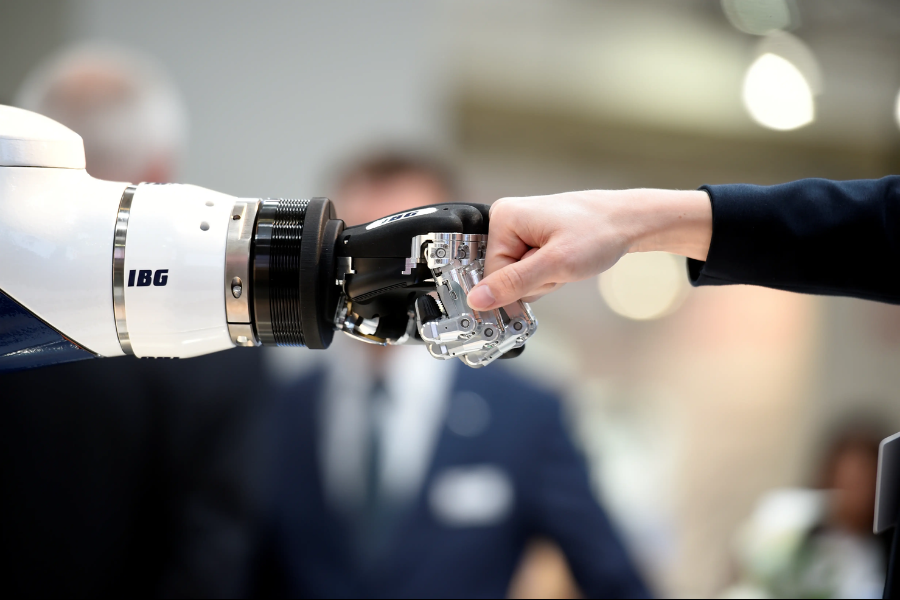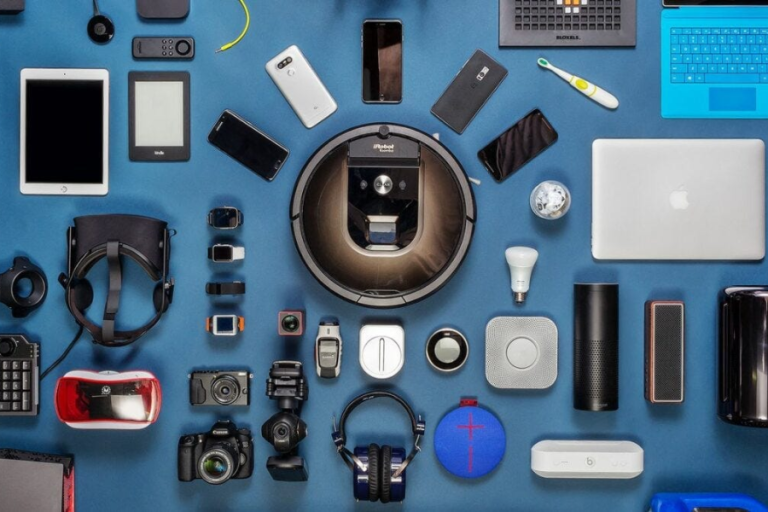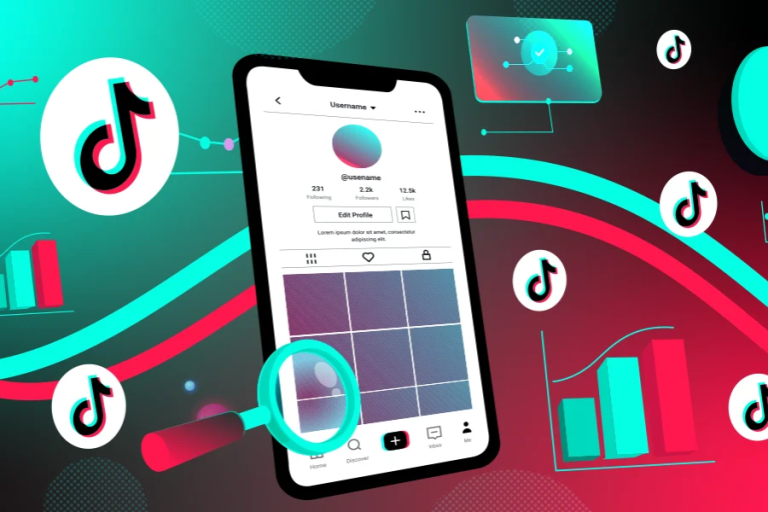AI-Powered Tools That Are Changing the World in Real-Time
Artificial Intelligence has moved beyond the stage of experimentation. It is now deeply integrated into our daily routines, professional environments, healthcare systems, education, marketing, and more. What was once seen as a futuristic concept is now actively shaping decisions, solving real problems, and enhancing human capabilities. In 2025, the world is witnessing the impact of AI-powered tools in real-time, and the change is not just significant—it is revolutionary.
From chatbots that simulate human conversation to diagnostic tools that detect diseases earlier than ever, AI tools are transforming how we live and interact with the world. In this article, we will explore the most impactful AI tools that are making a difference right now.
AI in Healthcare: Saving Lives with Precision
One of the most profound impacts of AI is in the healthcare industry. Tools like IBM Watson Health and Google DeepMind have changed the way doctors diagnose and treat patients. AI is now capable of analyzing vast amounts of medical data in seconds, identifying patterns that might go unnoticed by human doctors.AI algorithms can now predict the likelihood of heart disease, cancer, and neurological disorders by analyzing blood tests, imaging results, and genetic data. Some tools even assist surgeons during operations, offering real-time insights to improve precision.
Wearable devices with AI integration are also improving patient care. These tools track vital signs and send alerts in emergencies, allowing for faster responses and reducing the burden on hospital systems.
Chatbots and Virtual Assistants: Redefining Customer Experience
AI-powered chatbots are now a core part of customer service across industries. Tools like ChatGPT, Google Bard, and Microsoft Copilot are being used to provide instant support, troubleshoot technical issues, and handle complex queries in real time.
These chatbots learn from interactions and constantly evolve to provide more accurate and human-like responses. Businesses benefit from reduced operational costs and improved user satisfaction, while customers enjoy quicker resolutions and 24/7 availability.
Virtual assistants like Alexa, Siri, and Google Assistant are also evolving. They now perform complex tasks such as managing calendars, making purchases, and controlling smart home systems. Their speech recognition and contextual understanding have reached new levels of accuracy, making them reliable digital companions.
AI in Education: Personalizing Learning Experiences
The education sector has seen a major transformation thanks to AI. Tools like Khanmigo by Khan Academy and platforms using adaptive learning algorithms tailor content based on a student’s performance, pace, and learning style. This personalized approach improves retention and engagement.
Teachers are also using AI to automate administrative tasks, grade assignments, and provide instant feedback. Educational institutions are investing in AI to create virtual classrooms, language translation for global students, and simulations for science or engineering concepts.In underdeveloped regions, AI-powered educational tools are bridging the gap by offering quality education without needing physical infrastructure or expensive resources.
AI Tools in Content Creation: Boosting Creativity and Productivity
Content creation is no longer limited to humans. AI tools are enhancing the creativity of writers, designers, and marketers. Platforms like Jasper AI, Copy AI, and Canva’s Magic Write assist in creating blog posts, marketing copy, and visuals in minutes.
These tools understand tone, audience, and intent. They can generate entire scripts, slogans, and even social media captions that resonate with specific demographics. Rather than replacing creativity, they are enabling creators to produce high-quality content faster.Video editors and podcasters are also benefiting. Tools like Descript and Runway ML use AI to remove background noise, cut filler words, and generate subtitles automatically. This saves hours of editing time and makes production accessible to everyone.
AI in Finance: Enhancing Decision-Making and Fraud Detection
Financial institutions are using AI for everything from investment analysis to customer service. Robo-advisors such as Betterment and Wealthfront offer personalized investment strategies based on user goals, risk tolerance, and real-time market data.
AI algorithms analyze millions of transactions in real time to detect fraud. They identify unusual patterns and prevent unauthorized activity before it causes harm. These tools are especially important as online banking and digital transactions continue to grow rapidly.Credit scoring systems now go beyond basic credit history. They consider behavioral data and alternative credit signals to provide more accurate evaluations, enabling more people to access loans and financial services.
AI in Retail: Predicting Customer Behavior
Retailers are using AI to understand customer behavior like never before. Recommendation engines used by Amazon, Netflix, and Spotify personalize product suggestions based on browsing history, purchase behavior, and preferences.
Inventory management systems use predictive analytics to forecast demand and optimize supply chains. This reduces waste, increases efficiency, and ensures products are always available.AI-powered visual search tools also let users find products by simply uploading a photo. These systems recognize patterns, materials, and even trends to suggest similar items, making shopping more intuitive.
AI in Transportation: Enabling Autonomous Mobility
Self-driving technology is not just a concept anymore. Companies like Tesla, Waymo, and Cruise have introduced AI-powered vehicles that operate safely and efficiently on public roads. These vehicles use sensors, cameras, and AI to understand their environment and make real-time decisions.
AI also plays a crucial role in logistics. Route optimization tools help delivery services like UPS and FedEx reduce travel time, fuel consumption, and delivery delays. In aviation, AI assists with traffic control, maintenance prediction, and safety compliance.Smart traffic lights powered by AI help regulate flow in busy cities. They adjust signals in real time based on traffic volume, reducing congestion and improving commute times.
AI for Climate and Environment: Protecting the Planet
AI is being used to fight climate change and protect the environment. Satellite imagery and machine learning are helping scientists track deforestation, ocean pollution, and wildlife activity.Tools like ClimateAI predict climate patterns and help farmers plan more resilient crops. AI also aids in developing clean energy by optimizing solar panel placements and forecasting wind energy outputs.
Recycling systems powered by AI identify and sort materials more accurately, making the process faster and more efficient. These innovations show how technology can contribute to a more sustainable future.
The Real-Time Impact of AI
What makes AI tools truly revolutionary in 2025 is their ability to respond in real time. Unlike traditional tools that require manual input and delayed analysis, AI acts instantly. Whether it’s flagging a fraudulent transaction, suggesting a new song, helping diagnose a condition, or guiding a drone through the sky, AI responds with accuracy and speed.This real-time capacity makes AI not just helpful but critical. It reduces risks, improves efficiency, and enhances user experiences in ways that were not possible before.
Final Thoughts
AI is no longer a distant idea or an optional luxury. It is a driving force behind many of the systems we now rely on. The tools mentioned above are already changing the world around us, and their influence will only grow stronger.As AI continues to evolve, it is important to understand both its potential and responsibility. These tools should be used not just for efficiency but for equity, sustainability, and empowerment.
The future belongs to those who embrace intelligent systems, adapt to new possibilities, and remain curious about what comes next. AI is not just changing the world—it is helping us build a better one in real time.






